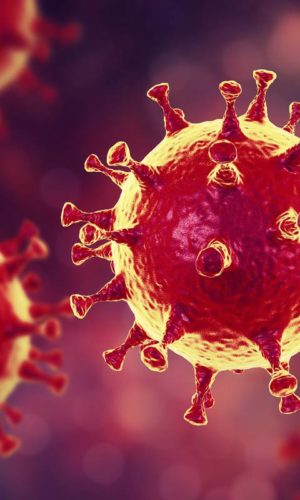Exercise in Patients with Chronic Angina Pectoris: Friend or Foe?
Author(s): Ralf Dechend, Hans-Georg Predel
Angina pectoris, a constricting pain resulting from inadequate oxygen supply to the heart, typically develops as a consequence of physical exertion or emotional stress in the presence of coronary artery disease (CAD). However, there is also evidence that physical activity is effective in the prevention of CAD and may also prevent angina in the long term. Guideline-based strategies for chronic stable angina aim to reduce symptoms and improve patient prognosis through lifestyle changes and appropriate medications and interventions. Physicians may have uncertainty and concerns around the safety of exercise regimens in patients with chronic angina, a factor complicated by the paucity of data related to this clinical condition. This narrative review discusses the importance of regular physical activity as a key component in the management of patients with stable angina, demonstrating cardioprotective effects in patients with CAD, as well as improving prognosis and physical fitness while maintaining an appropriate risk/benefit ratio. Given these benefits, current guidelines recommend 30–60 minutes of moderate-intensity aerobic activity for at least 5 days/week in patients with chronic coronary syndromes, personalized based on the ‘Frequency, Intensity, Time and Type’ (FITT) principle to derive optimal efficacy with the lowest risk; addition of resistance training 2 days/week can provide further benefits. We also highlight the importance of complementing pharmacological options with regular physical exercise in patients with stable angina, and how webbased technologies can help to overcome some of the barriers to exercise training and challenges associated with implementing cardiac rehabilitation programmes during the COVID-19 pandemic.


 Impact Factor: * 5.6
Impact Factor: * 5.6 Acceptance Rate: 74.36%
Acceptance Rate: 74.36%  Time to first decision: 10.4 days
Time to first decision: 10.4 days  Time from article received to acceptance: 2-3 weeks
Time from article received to acceptance: 2-3 weeks 